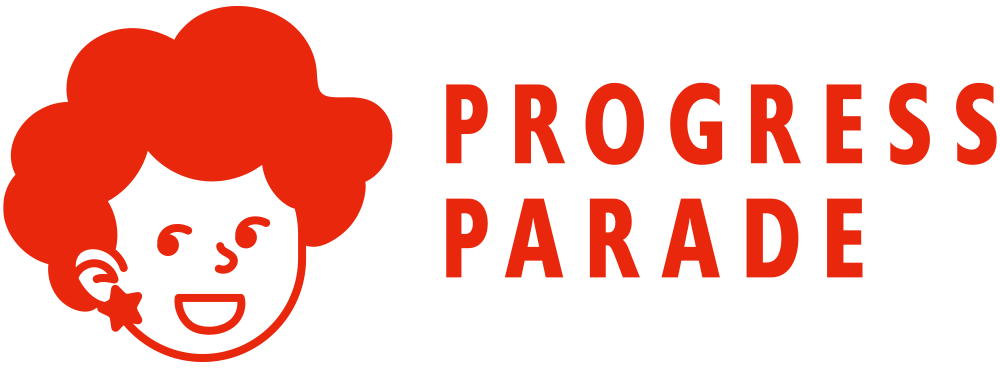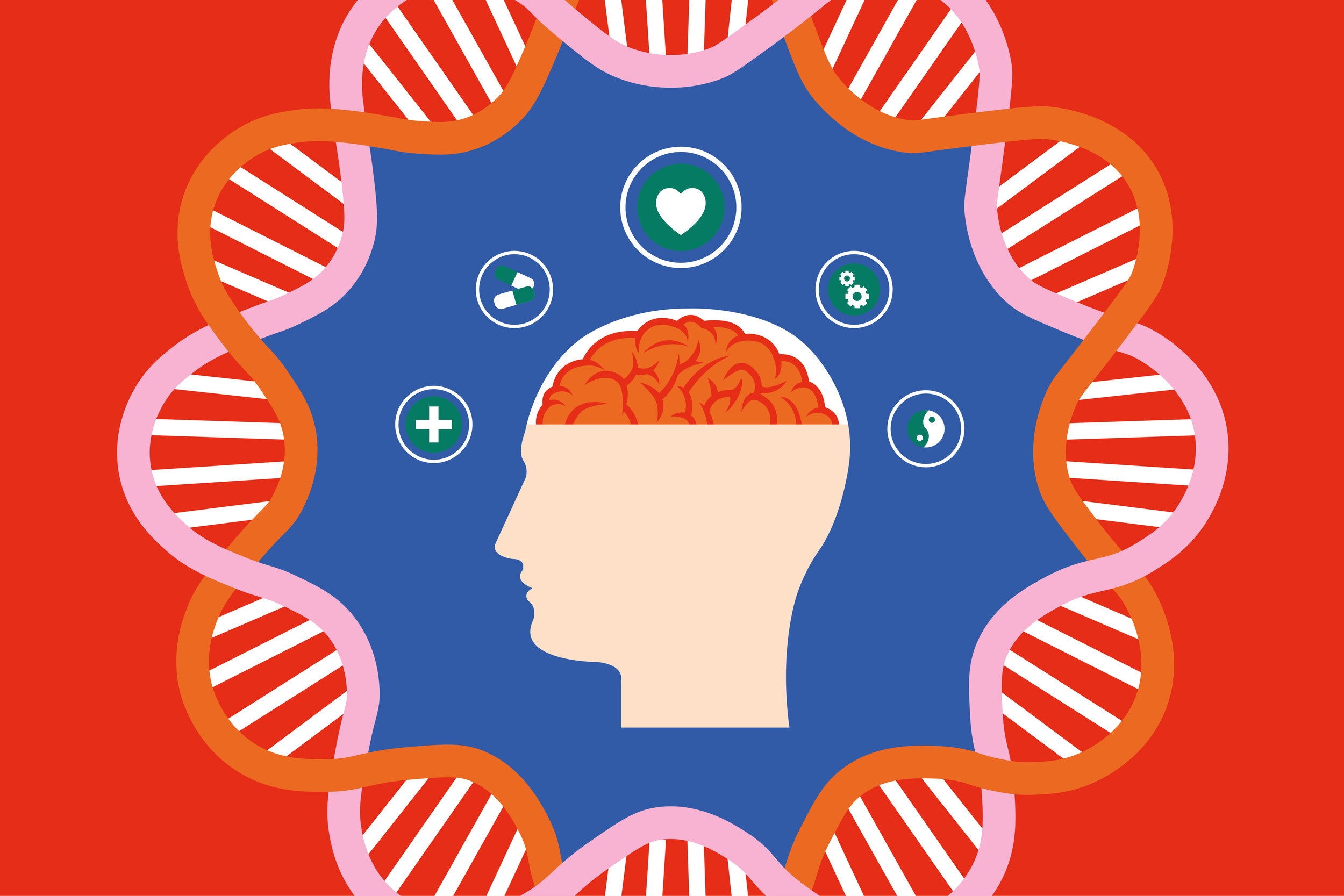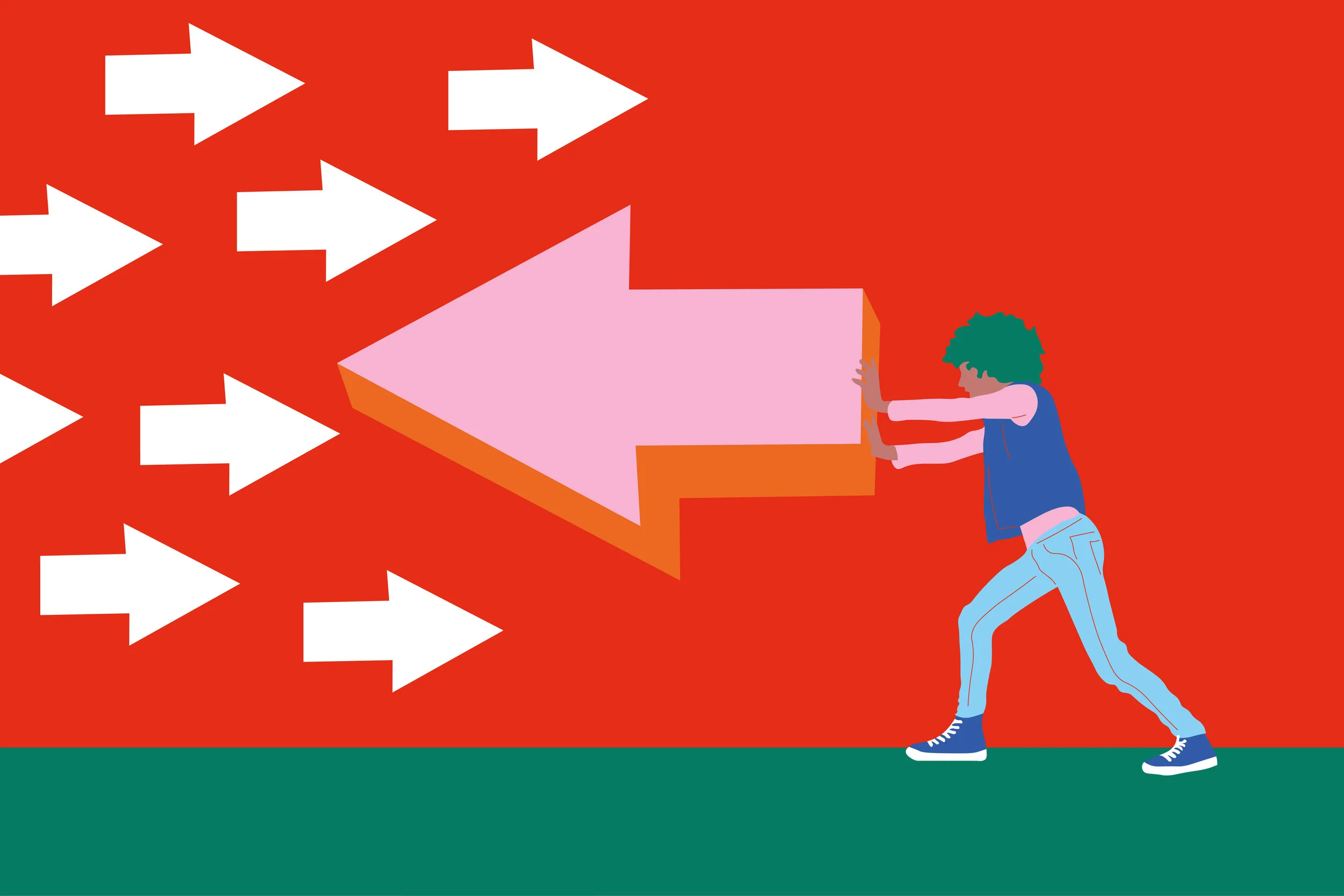What kinds of professionals can help me with my ADHD?
Whether you've just been diagnosed with ADHD or are years into your journey, it's important to know what kinds of professionals are available to and may be helpful for you. As ADHD tutors and educational therapists, we have familiarity with other types of services available to students with ADHD! In fact, we love to consult with other professionals who work with our students so that, as a team, we can provide your student with the best support possible.
A few important notes on our list:
This list is not exhaustive, but it will hopefully give you some ideas of what kinds of options you have!
We will primarily be focusing on services for school-aged (pre-k through college) students since that's where our expertise lies.
ADHD symptoms vary within the individual (sometimes you may need a lot of support and sometimes you may be managing well) and they also vary a lot across different people. Some people may not need any support or some need a lot of support, and both are totally OK! If you do need support, the amount of services needed again varies a lot. Some people will need lots of different kinds of support and some people may manage their symptoms with just one or two services.
Doctor/Pediatrician
Whether or not you're currently taking or considering taking medication to help manage your symptoms of ADHD, the question of medication is almost always one that comes up in one way or another. Medication can be prescribed by your doctor or by a psychiatrist (discussed below). Whether or not you plan to consider medication, it's of course helpful to have a great relationship with your doctor to discuss any questions you've got about ADHD or other medical issues that arise. You'll definitely want to find a doctor who's got expertise in ADHD and who can help you make any relevant medical decisions. You'll want to maintain contact with your doctor if you do choose to begin taking any ADHD medications, be aware of and monitor for any side effects, and potentially adjust doses/medications together as needed based on your response.
Psychiatrist
A psychiatrist is a specific type of medical doctor who has a specialty in mental health. Since ADHD is considered a mental health disorder, many people prefer to work with a psychiatrist to help manage their ADHD medication. That makes sense considering their specialty. Even though psychiatry is already a specialty, you'll find many psychiatrists have specialties within the field of mental health. Of course, finding a psychiatrist with a specialty in ADHD will likely be important! Often, the best way to find a great psychiatrist is to ask other professionals you may be working with (like a therapist, if you're working with one) or by asking other parents who have students with similar needs. You, of course, can also use medical search tools like Zocdoc, which allows you to search by location, specialty, and patient reviews.
“Since ADHD is considered a mental health disorder, many people prefer to work with a psychiatrist to help manage their ADHD medication.”
Therapist/Psychologist
Many individuals with ADHD find that mental health counseling or therapy is a helpful tool. Therapy can help you gain critical self-awareness of your unique strengths and weaknesses, manage your symptoms, change destructive emotional patterns and reactions, modify your behavior, and advocate for yourself. Cognitive behavior therapy can even help you discover and change thought patterns which may be causing challenges. Mental health counselors can have lots of different backgrounds like social workers, psychologists, licensed professional counselors and more. Our advice is to ask around for recommendations or do a directory search (through a service like Psychology Today) and then speak to a few potential professionals to see who feels like a fit for you. It's important that you're comfortable with this person as you'll be working closely with them and, to get the most benefit, they may ask about things which feel private (like your thoughts, feelings, and emotions).
Even if your student isn't participating in therapy, many parents of children with ADHD find therapy is beneficial for them as parents. Therapy can help you change negative interaction patterns you and your child may be falling into, can help you learn parenting strategies specifically for ADHD and your child, and can also help you process your own feelings and emotions.
Occupational Therapist
Occupational therapists help people participate in the daily activities they need to thrive in their current environments. Occupational therapists can help students with ADHD improve skills like physical coordination and the completion of everyday activities. Some students with ADHD in the school setting may have difficulty managing distractions without disrupting peers. Occupational therapists can help with this as well. For a more comprehensive look about how occupational therapists can help children with ADHD, check out this WebMD article.
“Therapy can help you gain critical self-awareness of your unique strengths and weaknesses, manage your symptoms, change destructive emotional patterns and reactions, modify your behavior, and advocate for yourself. ”
Now that we've discussed some non-academic services students with ADHD may need, we wanted to share a brief overview of some ways we here at Progress Parade support students with ADHD. If either of the following sound like services you need, book a call with us today to discuss further!
Executive Functioning Coach
Many students with ADHD enroll the help of an executive functioning coach. Executive functioning coaches can help students with the processes they need to be successful at school and beyond. Students may struggle with organizing their assignments and school materials, completing and turning in assignments, or procrastinating. While some neurotypical students pick up these skills without explicit instruction, students with ADHD sometimes need a teacher to help them learn how to plan, prioritize and execute their assignments. We've heard feedback from our families that the skills their students learn during executive functioning coaching help them in college and their jobs as well!
Educational Therapist
An educational therapist is a specialized type of teacher who can help your student work through and beyond their current academic challenges. They specialize not only in helping your student with problems in math, reading and writing but also learning how they can approach similar problems in the future. The goal is to help students learn how to learn and also how to know and advocate for themselves. In educational therapy, every experience is a learning moment which we can use to better understand ourselves and our needs!
An overview of different services providers who may be able to support your student in thriving with ADHD.
































